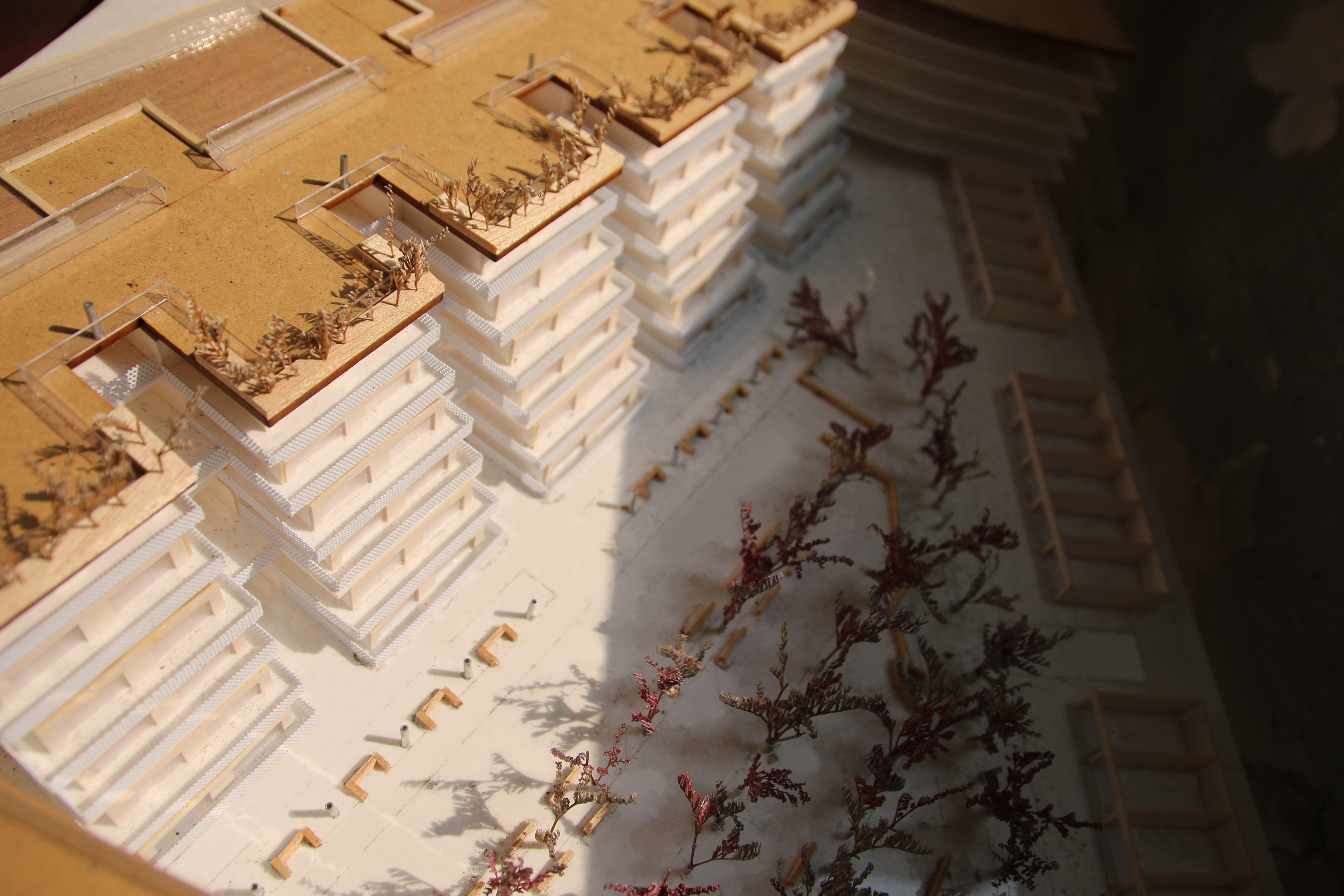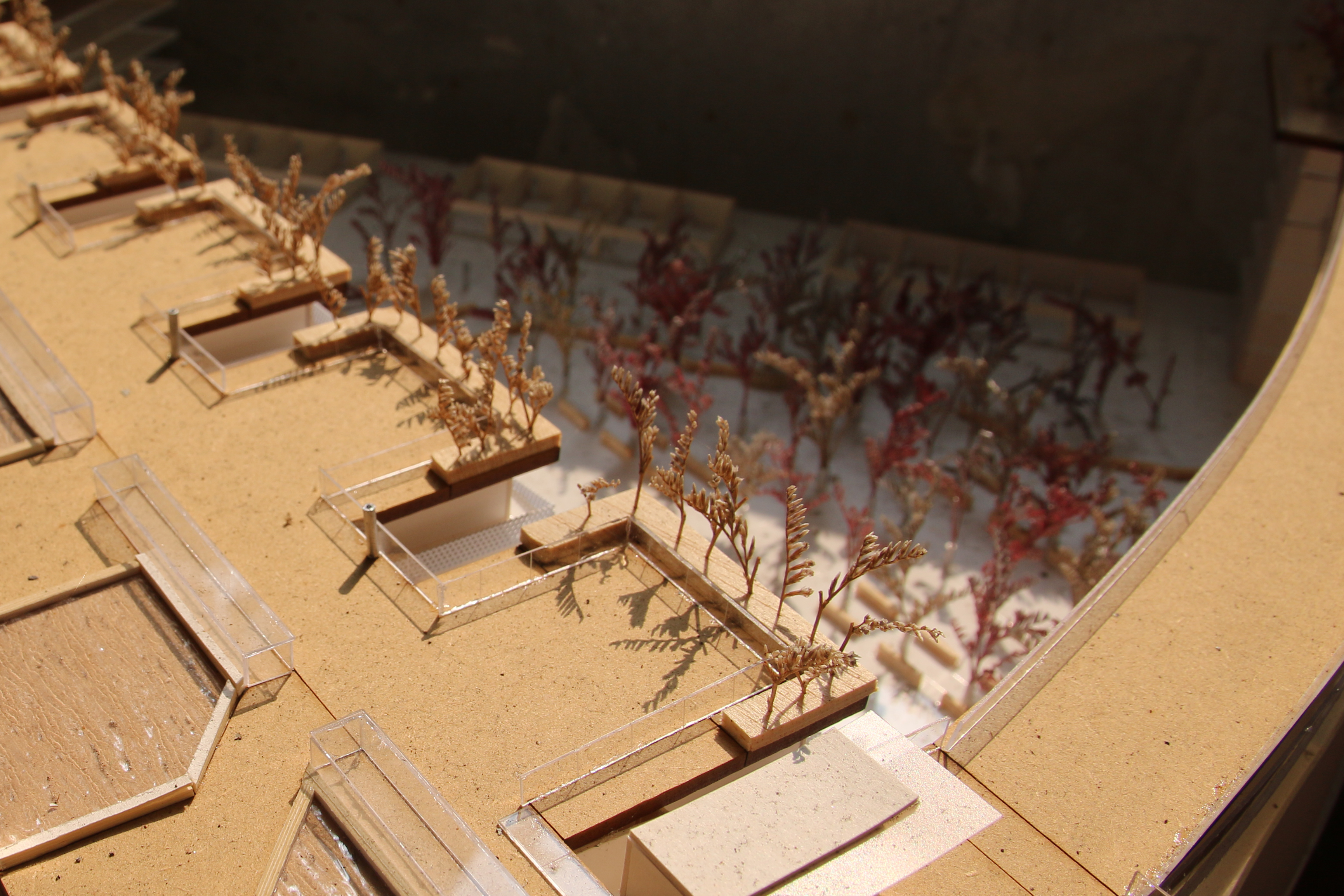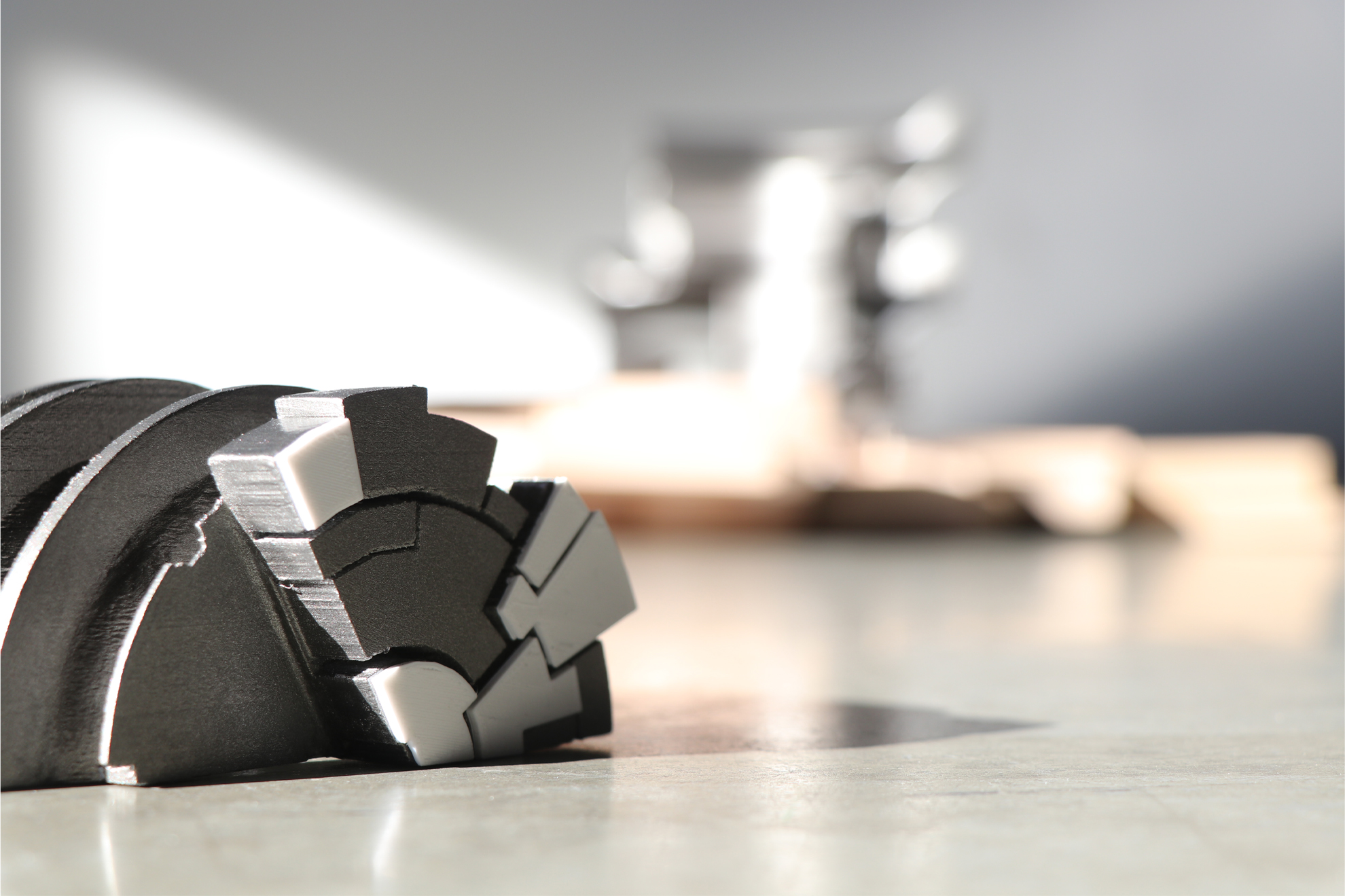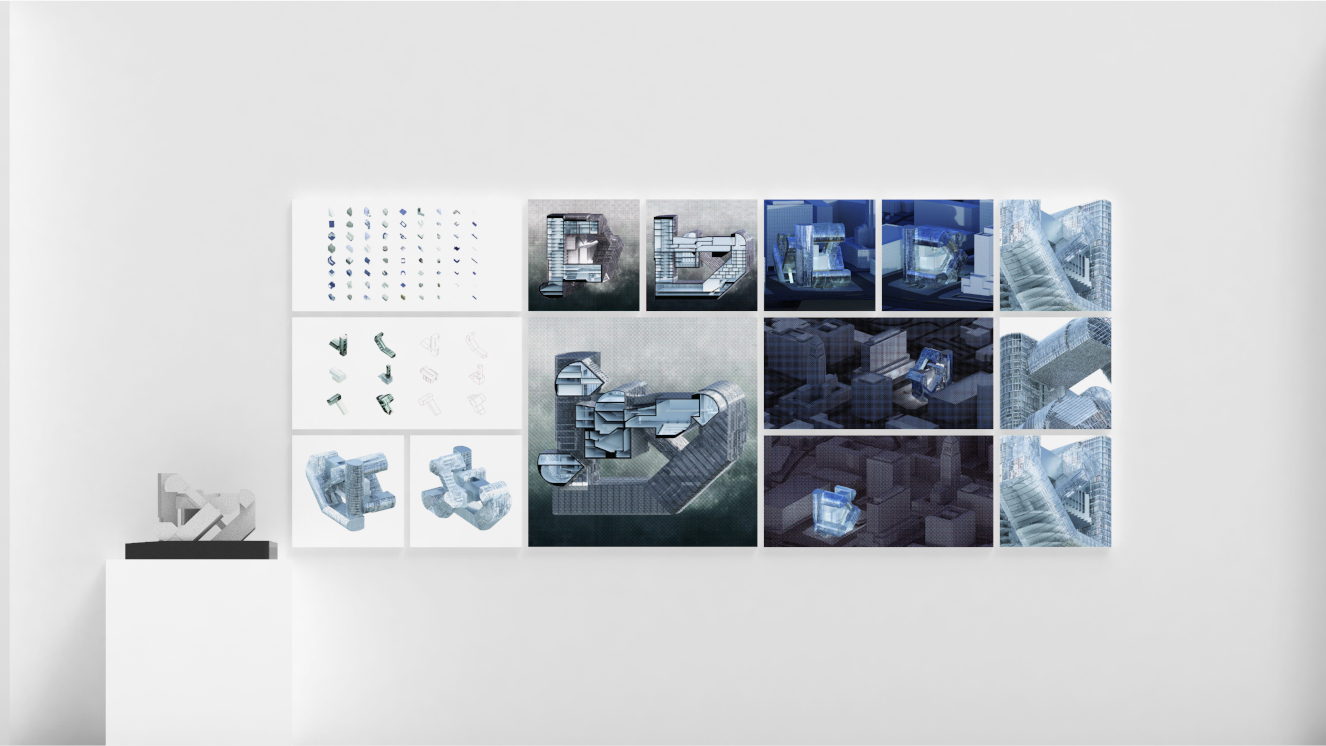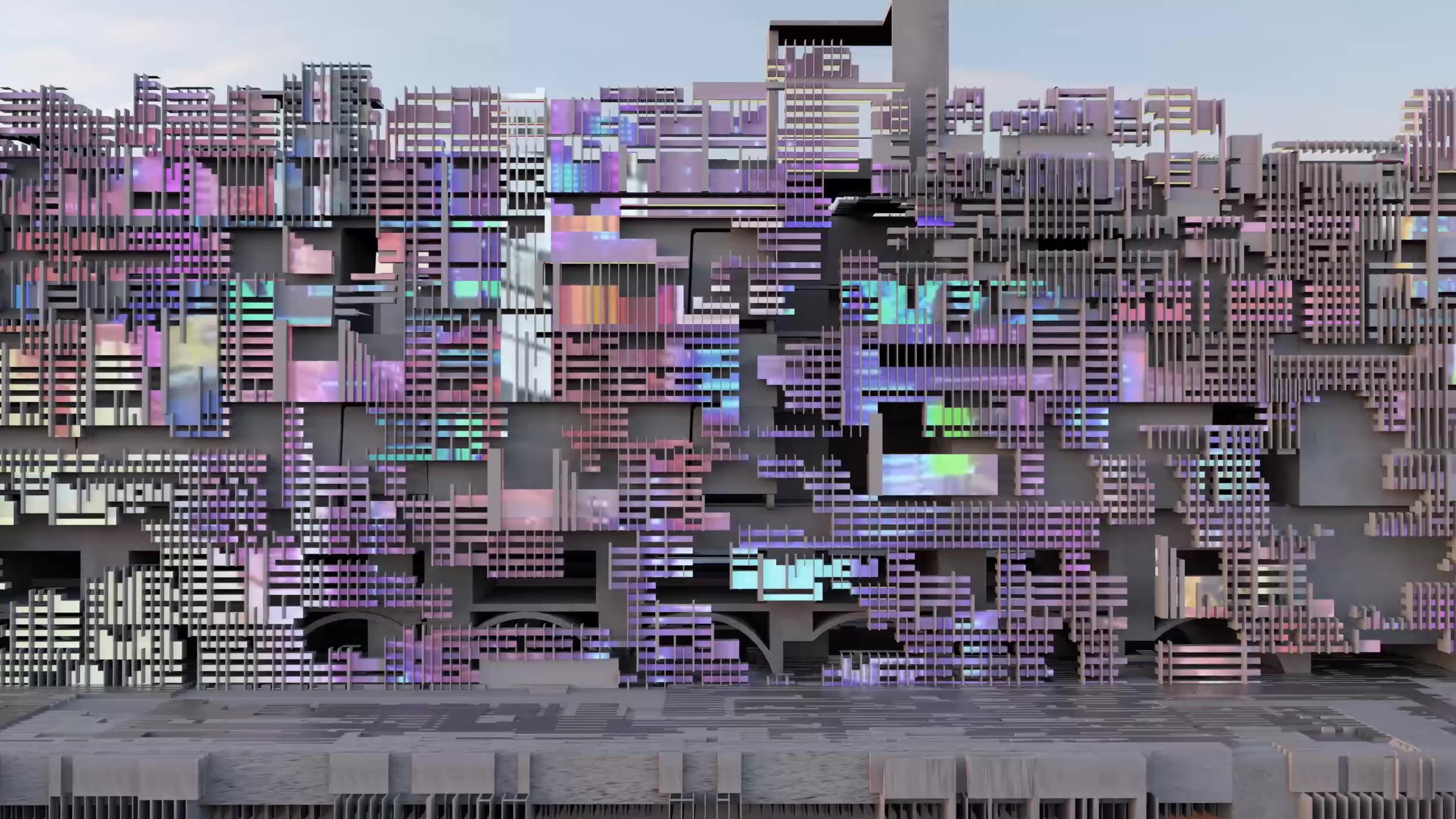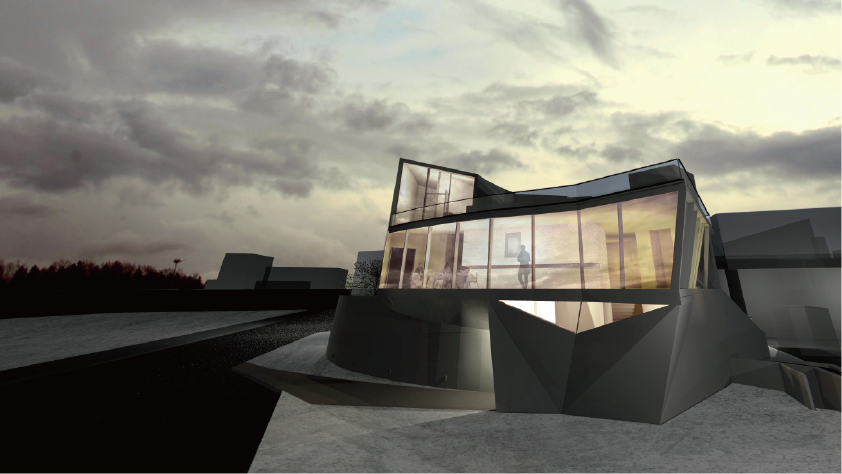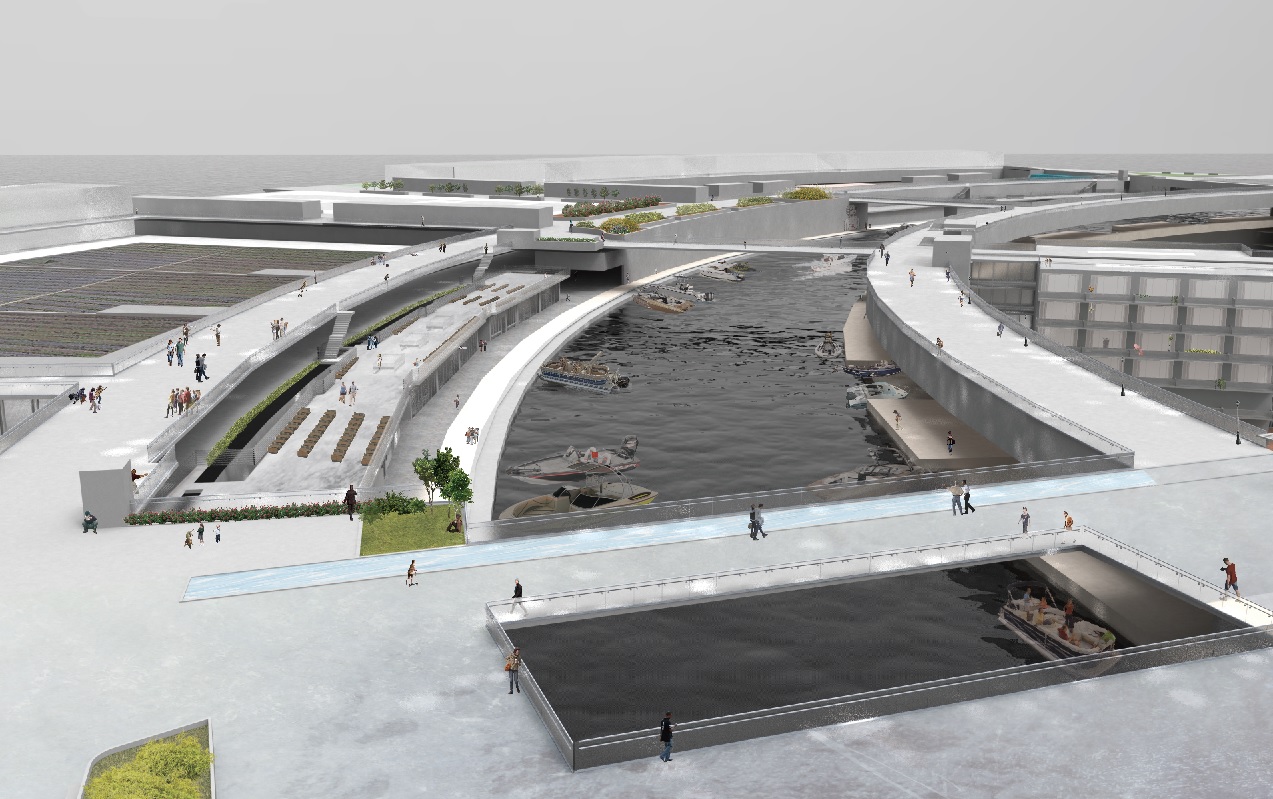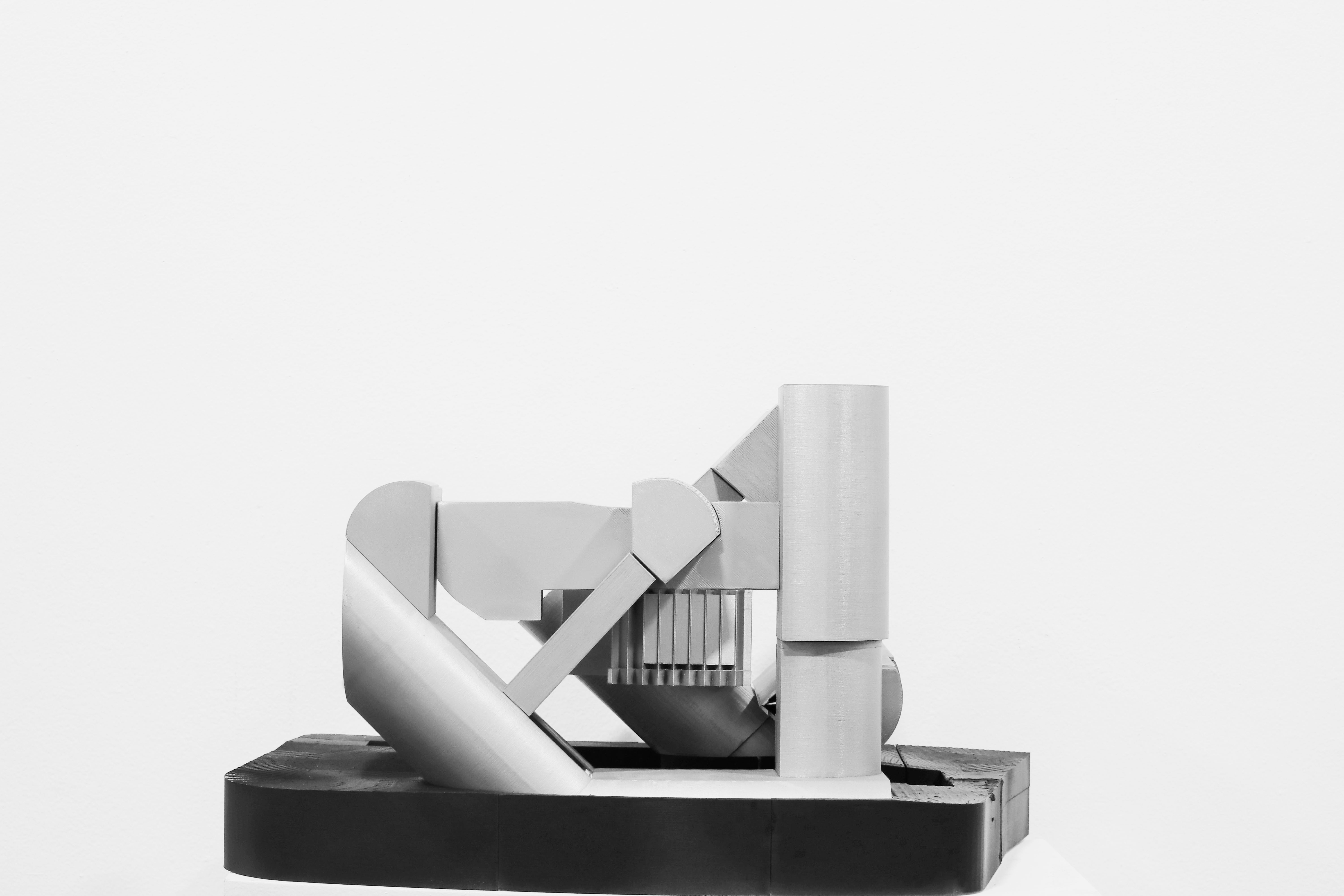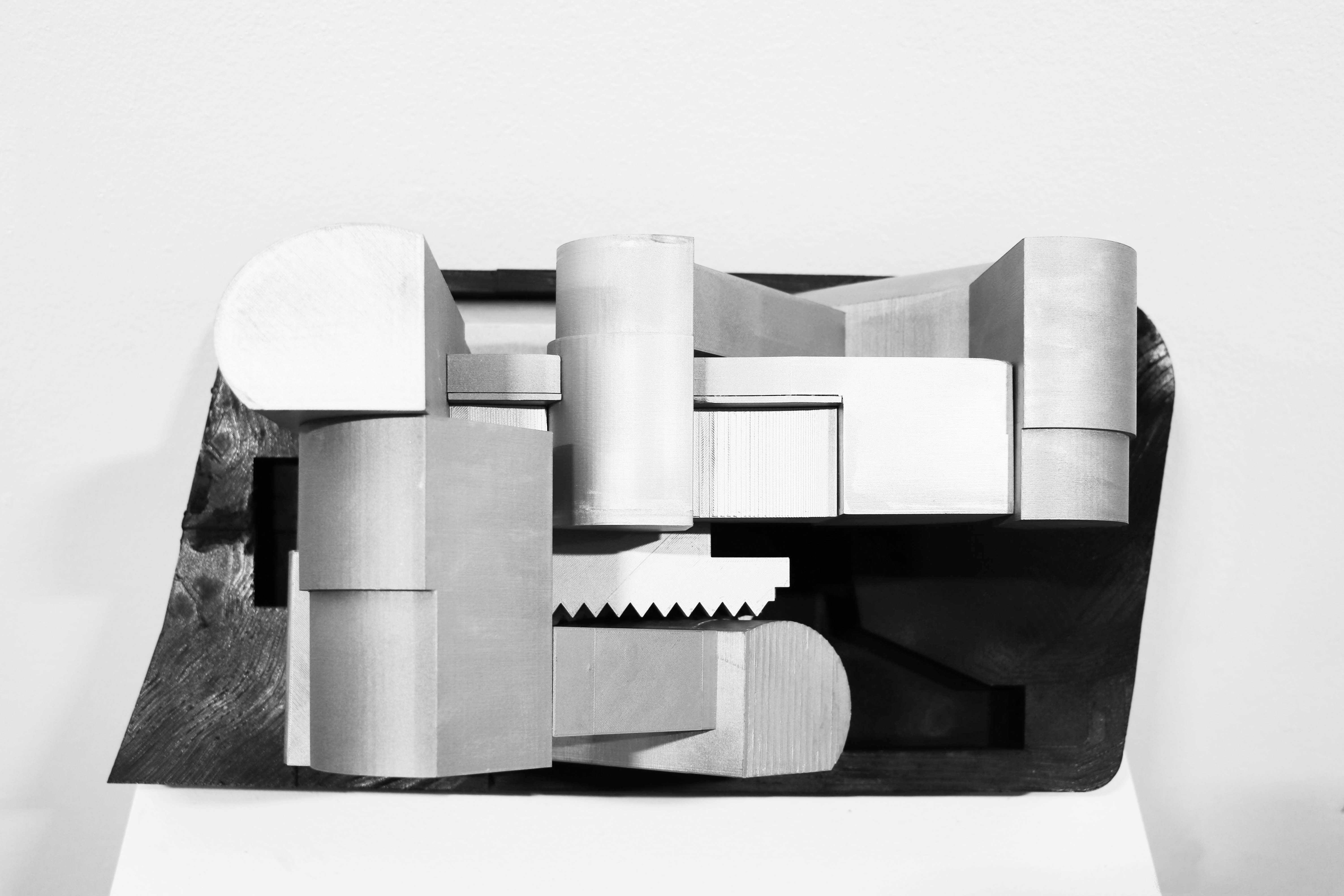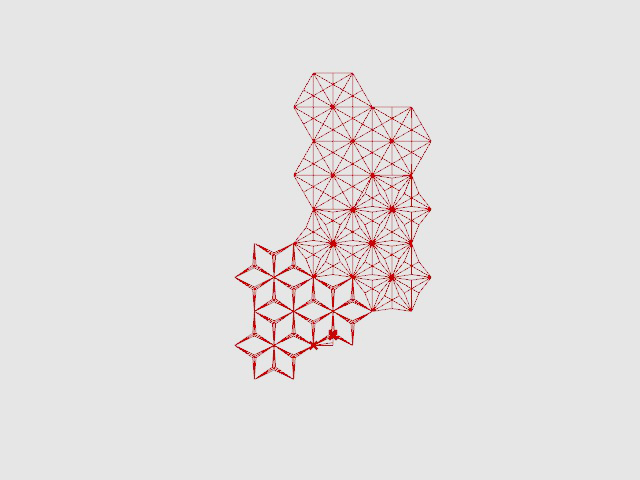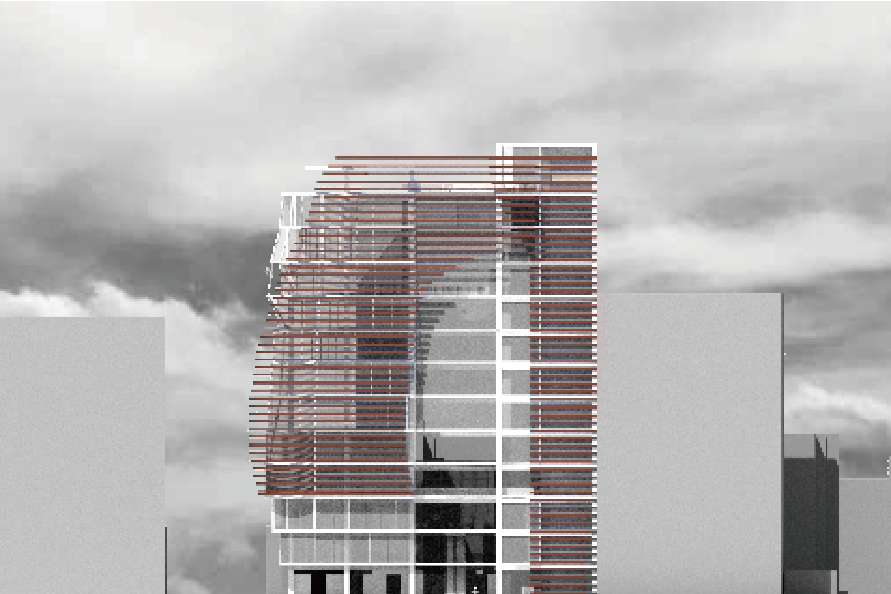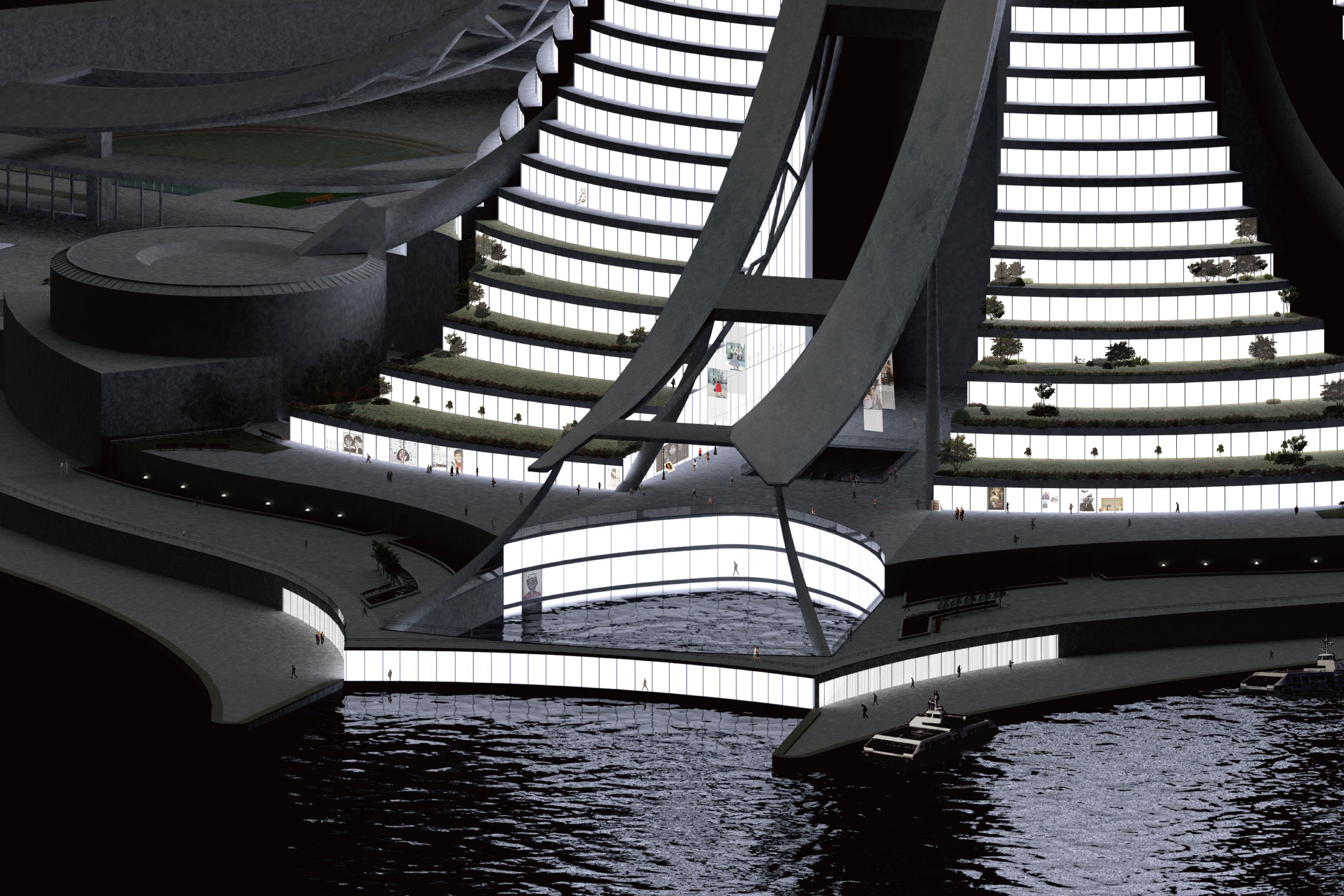

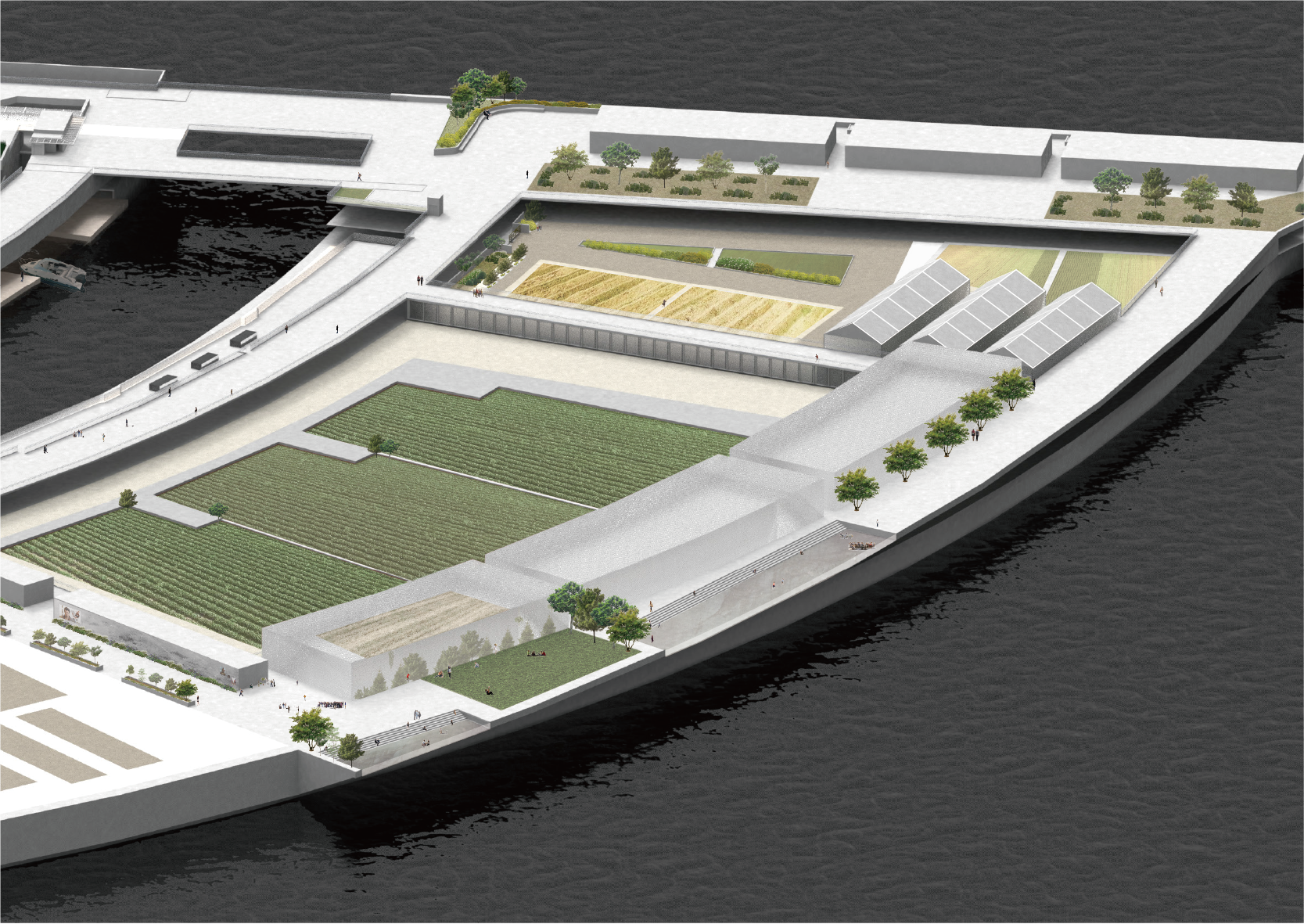
Project Ark
Instructor: Yen-Wen Shao
Site: Jakarta, Indonesia
Many nations across the globe have ancient myths that tell stories of the Great Flood, which bear resemblance to the phenomenon of global warming witnessed in modern times. In response to the challenge of rising sea levels, most countries have opted for the construction of seawalls. However, the effectiveness of such measures is merely temporary.
Let us consider cruise ships and aircraft carriers as illustrations. These vessels are equipped to meet all necessary requirements. Nevertheless, irrespective of their type, they all rely on land as their ultimate destination or "home." Hence, in a future where human life extends to the seas, we must adapt to long-term coexistence with water while still addressing our reliance on land.
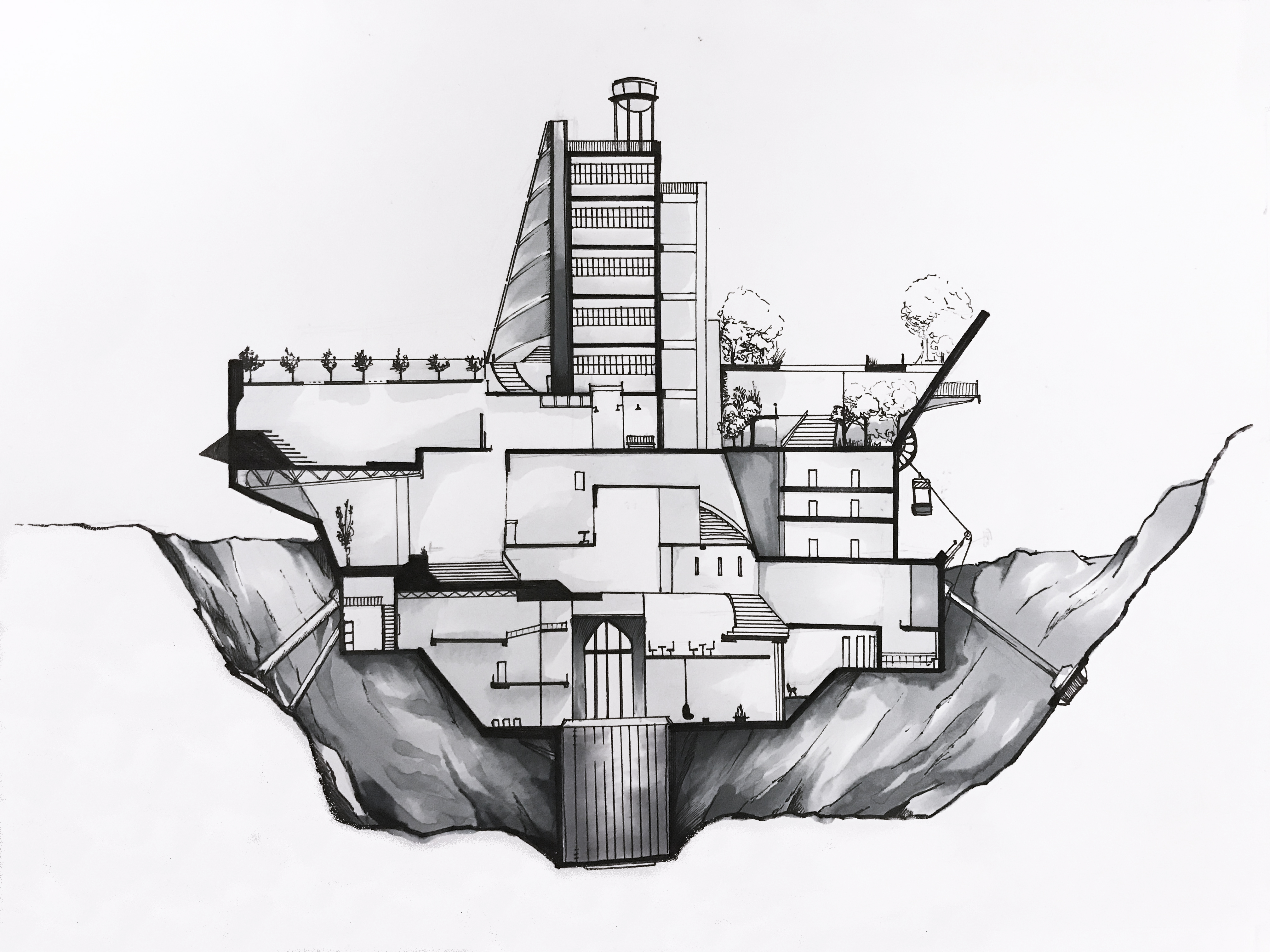
Concept image
To address the challenges of long-term coexistence with water while satisfying our dependence on land, one solution is to relocate land-based residents to the sea. This relocation would involve the creation of multiple units, each equipped with education, medical facilities, and shopping centers. Residents would have the option to travel between units using sea buses based on their specific needs.
Initially, there would still be a reliance on land. However, over time, each unit would develop and mature in terms of providing essential services. Electricity and food production would become self-sufficient, thereby alleviating population pressures.
Initially, there would still be a reliance on land. However, over time, each unit would develop and mature in terms of providing essential services. Electricity and food production would become self-sufficient, thereby alleviating population pressures.
Site
With an area of only 661.5 square kilometers, Jakarta's population has exceeded 10 million people. In addition to the challenge of rising sea levels, the implementation of the "water privatization" policy has resulted in excessive pumping of groundwater. As a consequence, severe land subsidence has occurred, with certain areas sinking more than four meters below sea level. In response to these issues, Jakarta has proposed the idea of constructing massive sea walls and relocating the capital.





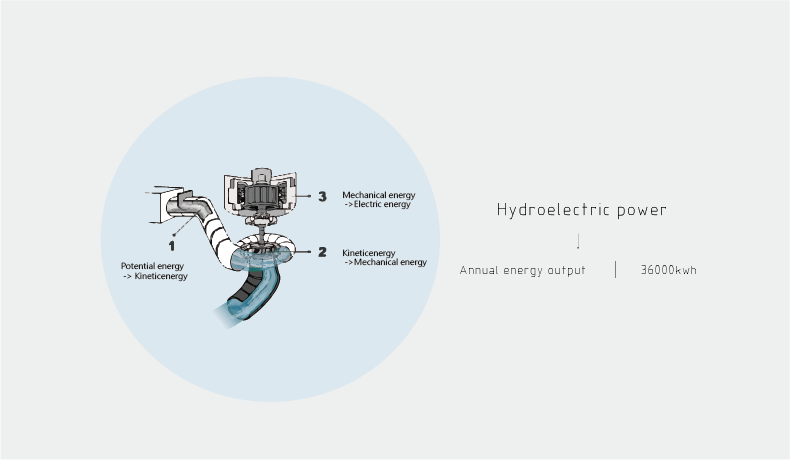
Ocean Thermal Electric Conversation(OTEC) system
By utilizing the temperature difference of approximately 25 degrees Celsius between the sea level and the seabed, it is possible to generate power by activating turbines and generators. Additionally, one advantageous by-product of this power generation process is the production of pure water. This water can be utilized for hydroelectric power generation, and the purified water can be distributed to residential and agricultural areas.
By utilizing the temperature difference of approximately 25 degrees Celsius between the sea level and the seabed, it is possible to generate power by activating turbines and generators. Additionally, one advantageous by-product of this power generation process is the production of pure water. This water can be utilized for hydroelectric power generation, and the purified water can be distributed to residential and agricultural areas.
